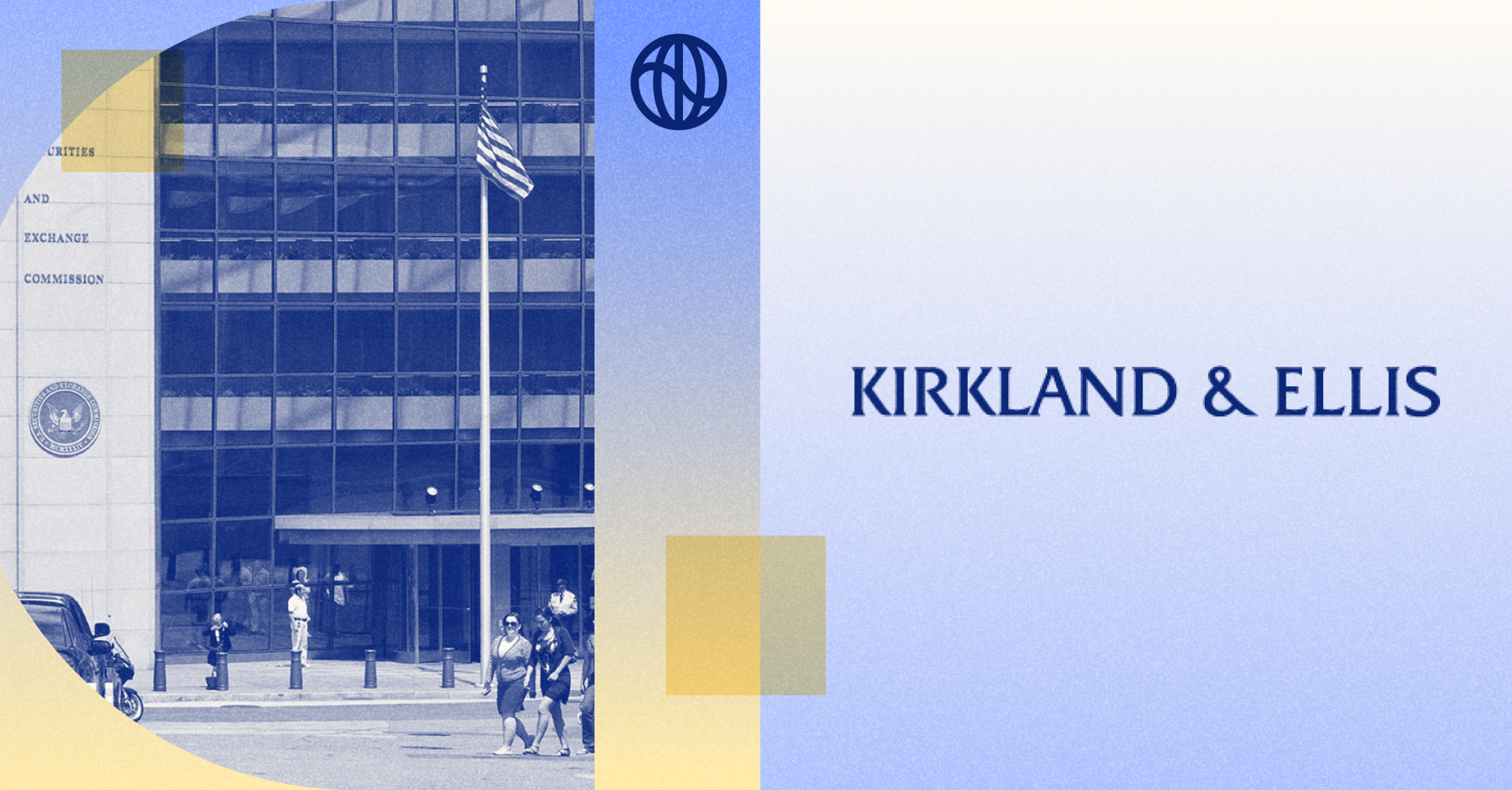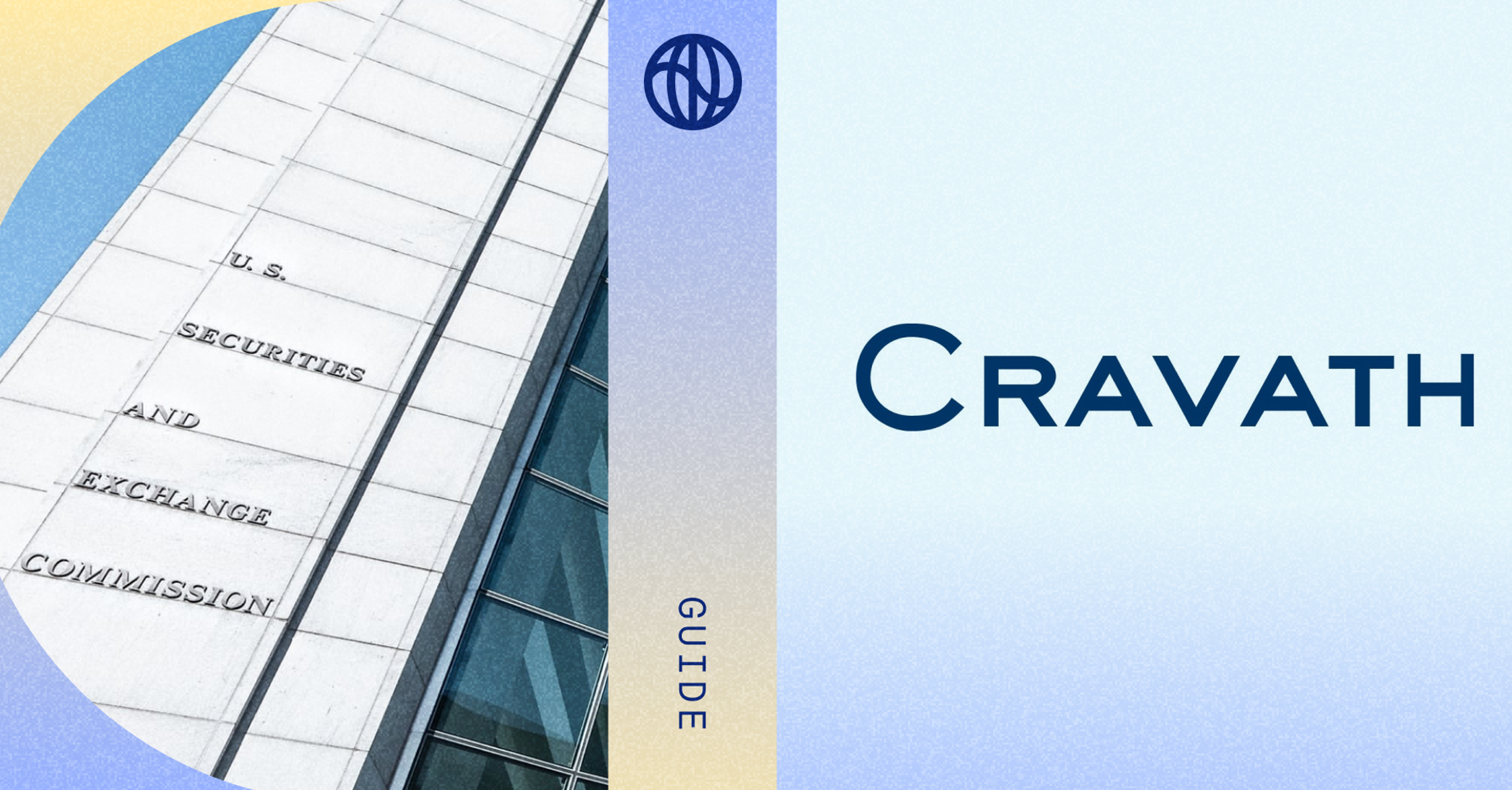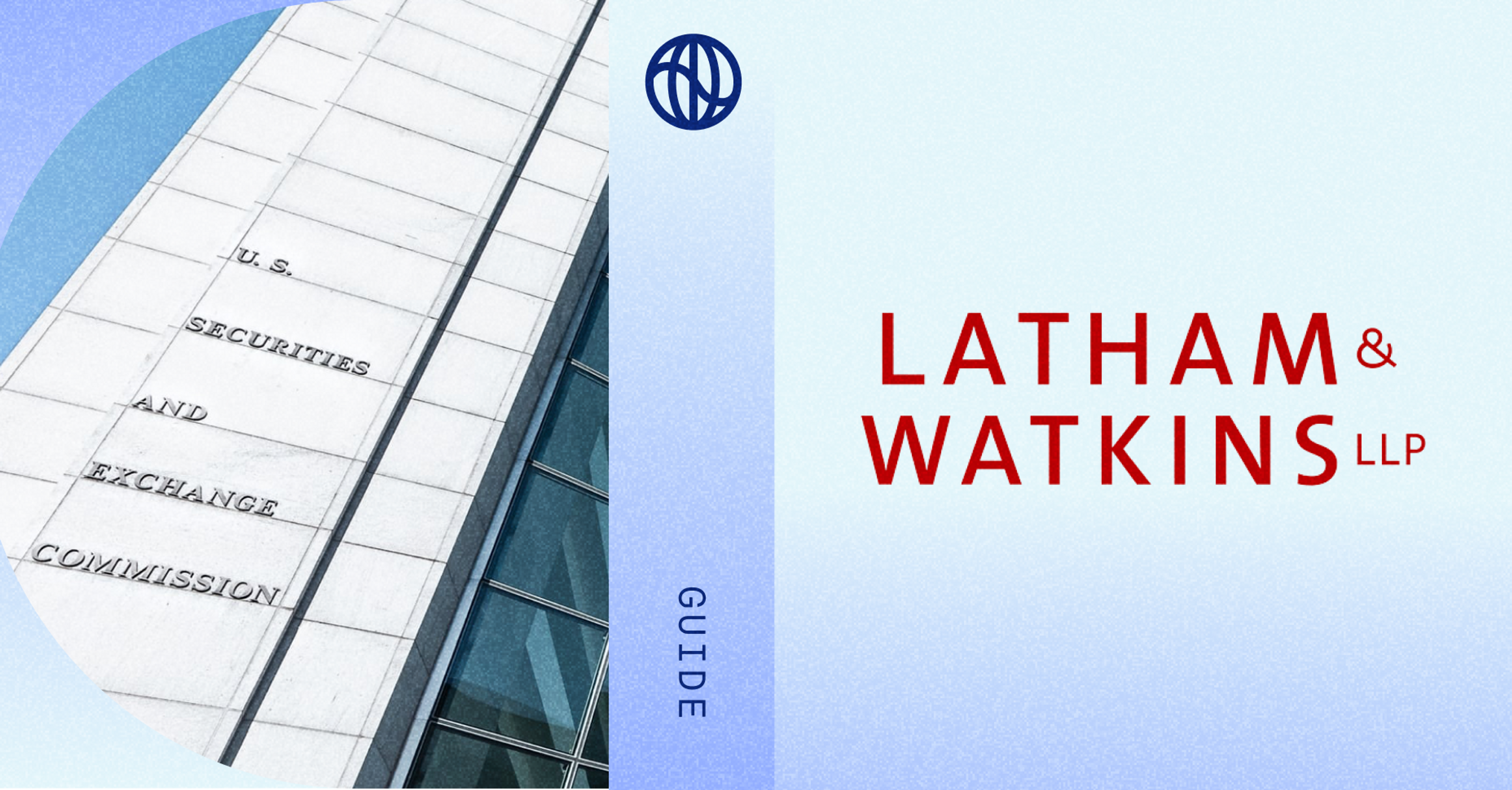
Amidst the whirlwind of debate surrounding the US Securities and Exchange Commission (SEC)'s new climate disclosure rule, emissions reporting has occupied much of the spotlight. But another part of the rule deserves a closer look: corporate governance transparency. By mandating disclosure of board oversight of climate-related risks, the agency’s final rule, combined with the trends below, positions boards of directors as central figures in corporate climate accountability. Here’s how:
First, while pared back from the March 2022 proposal, certain governance transparency provisions remain in the final rule. The rule requires companies to disclose boards’ oversight of climate-related risks—including any responsible committee or subcommittee, processes by which the board is informed of these risks, and whether and how the board oversees progress against targets, goals, or transition plans. These disclosures will ultimately bring additional attention from investors on boards’ oversight of climate-related risks and milestones.
Second, boards will continue to have a crucial role as it relates to oversight of auditors and the corporate disclosure process more broadly. Since the Sarbanes-Oxley Act of 2002, audit committees have been required to oversee independent auditors; U.S. stock exchange listing standards also mandate oversight of internal and independent audit functions. Boards can also play an important function in ensuring management implements effective controls and procedures for disclosures made outside of the financial statements.
Third, boards should be mindful of state-law liability as it intersects with climate. Fiduciary duties under state law necessitate that boards be well-informed of risks. Although recent cases indicate that the bar for such claims is high, boards nevertheless should be prepared for suits from investors seeking accountability for insufficient oversight or mitigation of climate-related risks. The final rule reinforces these duties, compelling companies to disclose how boards proactively oversee climate-related risks.
Finally, these disclosures will be set against a backdrop of heightened investor interest in climate. Despite a dip compared to previous years, overall support for climate-related shareholder proposals remains substantial, and investors also reached dozens of agreements with companies last year. A record 263 climate-related proposals have been filed at North American companies this year; Glass Lewis’s 2024 benchmark voting policies will also evaluate whether companies show a “meaningful level” of board oversight of material environmental impacts. Moreover, the frequency of shareholder proposals on transition planning suggest that progress relating to climate targets will be of particular interest to investors in coming proxy seasons.
Who should be focusing on these developments? The SEC rule applies to public companies and public offerings; provisions relating to board oversight have a compliance date for large accelerated filers in the fiscal year beginning in 2025, accelerated filers in 2026, and other companies in 2027.
Yet others may be indirectly affected. Research finds that there are often parallels in governance between the largest private companies and public ones, suggesting that climate governance practices at public companies could eventually spill over into private markets. Private company boards should separately take note that California’s new climate risk disclosure laws will cover larger private firms.
The convergence of new board-level transparency requirements, long-established fiduciary duties, and ongoing investor interest will put climate front and center in boardrooms across America. Now, more than ever, boards will need to prioritize their oversight of these risks.








